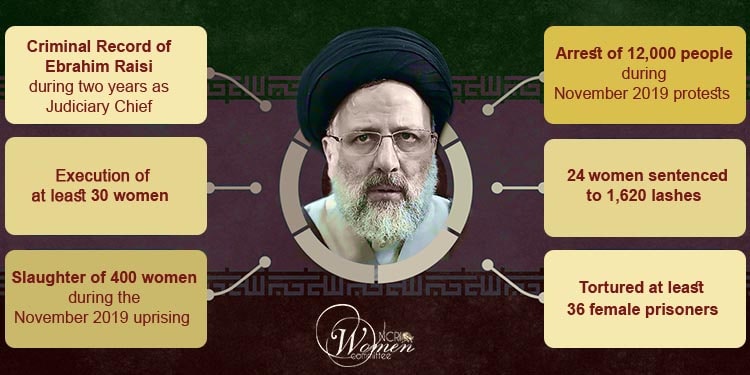On June 18, the Iranian regime’s Supreme Leader, Ali Khamenei chose his preferred candidate for the presidency, Ebrahim Raisi. He has held senior roles in the oppressive apparatus of the regime. Most importantly, during the 1988 massacre, while being a key member of the “Death Commissions.”
“That Ebrahim Raisi has risen to the presidency instead of being investigated for the crimes against humanity of murder, enforced disappearance, and torture is a grim reminder that impunity reigns supreme in Iran,” wrote Amnesty International Secretary-General Agnès Callamard in a statement released on June 19.
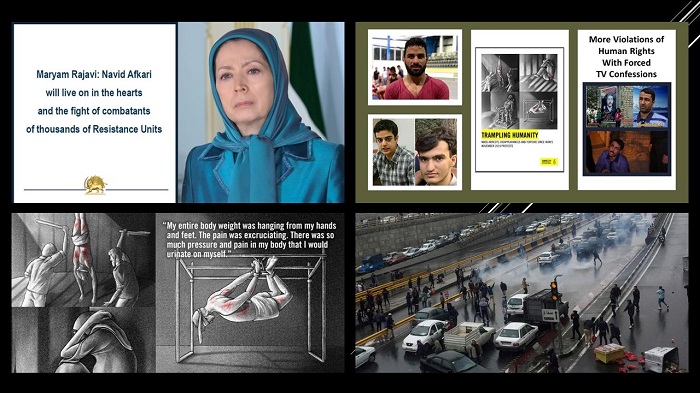
The death sentence is widely used by the Iranian authorities. The regime’s tool for retaining control is execution. This regime’s “death strategy” is not restricted to political activists or opponents. Rather, the regime’s execution policy included all segments of society, with an average execution rate of 15 women each year.
At least 30 women have been executed in Iran since Raisi was appointed head of the judiciary in 2019.
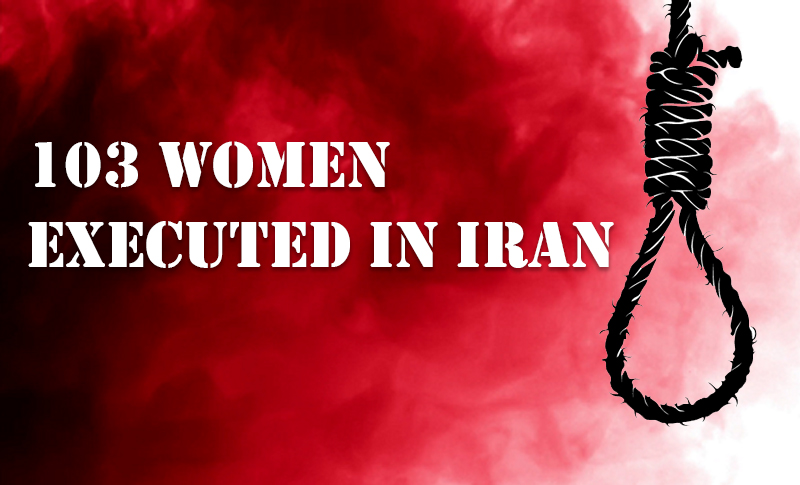
Golrokh Ebrahimi Iraee, a political prisoner, wrote a letter on July 27, 2019, in which she described women who were sentenced to death for murder: “In meeting women convicted of murder, I learned that a large percentage of them had murdered their husbands — voluntarily or in a pre-meditated manner — after years of being humiliated, insulted, battered, and even tortured by them and because of being deprived of their right to divorce.
However, they are convinced that if any of their repeated appeals for divorce had been granted, they would not have committed such a crime.”
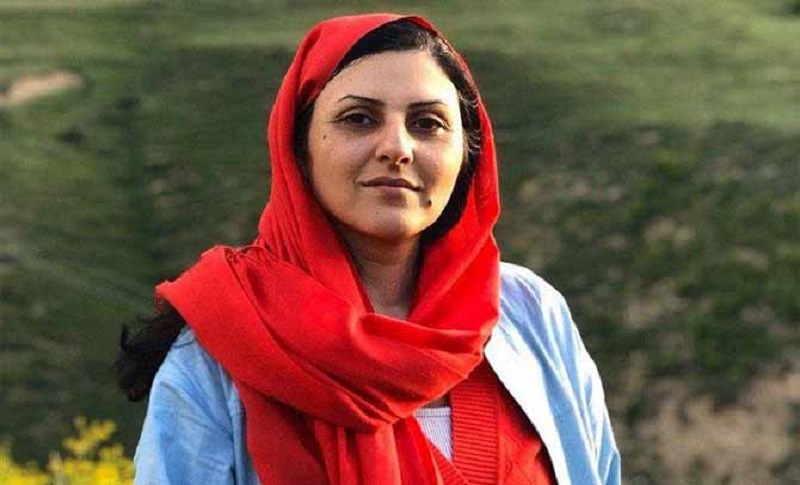
Zeinab Sekaanvand was born in a small town in the province of Western Azerbaijan, Makou. She was forced into marriage when she was 15 years old.
Her husband abused her on a daily basis for two years. She was 17 years old when she was arrested for murder.
At the time of the murder, this Kurdish woman was a minor. The execution of minors is forbidden under international law.
Zeinab Sekaanvand was a victim of poverty as well as the religious regime’s misogynous rules, which allow girls to marry young and forcibly.
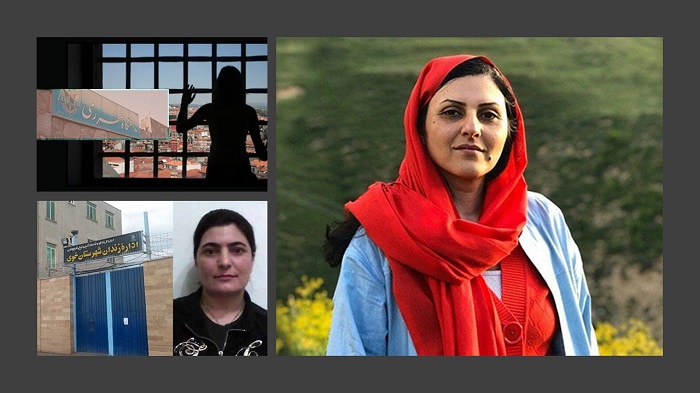
Amnesty International called on the regime to postpone the execution of Kurdish-Iranian prisoner Zeinab Sekaanvand in Urmia’s Central Prison on October 1, 2018.
The religious regime, however, rejected international demands for the young woman’s death to be postponed and sent her to the gallows.
On February 17, 2021, Zahra Esmaili was executed in Karaj’s Gohardasht Prison. She died of a heart attack shortly before her execution due to a heart attack. Officers did, however, hang her body. Zahra Esmaili’s lawyer announced that the lifeless body of his client, who had died of a heart attack before being executed, had been hung by Iranian jail authorities.
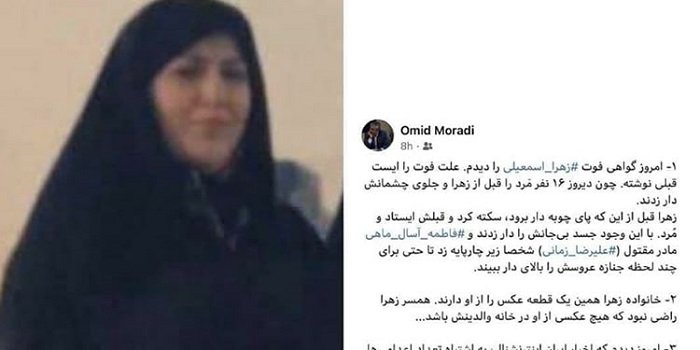
Executions and killings in Iran continue to occur, degrading the country’s history. Grief persists, and the demands for justice will never be forgotten.
The anguish and suffering of families, particularly orphans whose parents were tortured and executed, will never be forgotten.
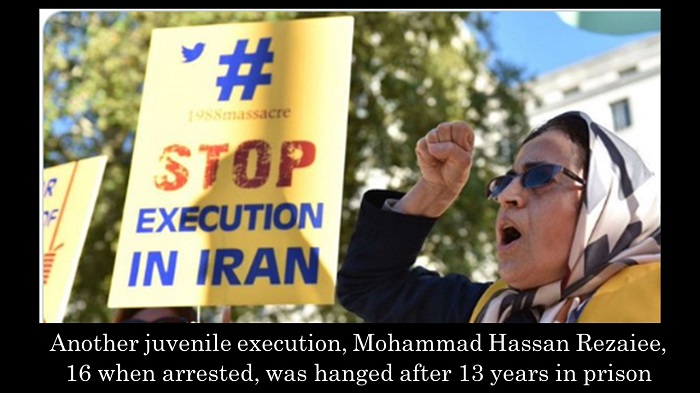
MEK Iran (follow us on Twitter and Facebook)
and People’s Mojahedin Organization of Iran – MEK IRAN – YouTube


